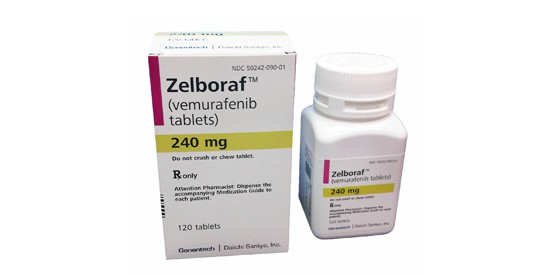
The National Institute for Health and Clinical Excellence (NICE) is still set not to recommend Roche’s Zelboraf (vemurafenib) and in a second round of draft guidance has called on the manufacturer to supply further information about its skin cancer drug.
Zelboraf, which had been put forward as a treatment for unresectable locally advance or metastatic BRAF V600 mutation-positive melanoma, first failed to win backing from the UK cost-effectiveness body in June this year.
This time around NICE says it wants additional cost effectiveness analysis that justify Zelboraf’s “significant cost”.
Professor Carole Longson, NICE’s Health Technology Evaluation Centre director, said: “During consultation on the first draft recommendations, the manufacturer of vemurafenib submitted additional analysis on the effectiveness of the drug in relation to its cost.
“When it was asked to consider this new information, our independent advisory committee concluded that they required further clarification to be able to make the decision to recommend or not recommend it for routine use in the NHS. It has therefore asked the manufacture to provide further analysis and clarification.
In response Roche said in a statement that it was “confident that vemurafenib should be recommended by NICE and will provide further information to help NICE make its decision”.
The company added: “NICE has already accepted that vemurafenib represents a ‘step change’ in the treatment of metastatic melanoma and that there is robust evidence that it is a life-extending therapy that qualifies for its end-of-life criteria”.
Roche also said the provision of Zelboraf through the Cancer Drug Fund has “resulted in many eligible patients receiving this treatment, demonstrating its clinical value to those treating the disease. However, this is little consolation to patients outside of England where there is no similar access mechanism”.
Roche has experienced a number of negative decisions by NICE over its recent drug submissions, including is advanced breast cancer drug Avastin, specifically relating to its cost effectiveness.
The company’s lung cancer drug Tarceva also faced reservations during its review process, but Roche was able to win a positive recommendation supply additional information to NICE.




